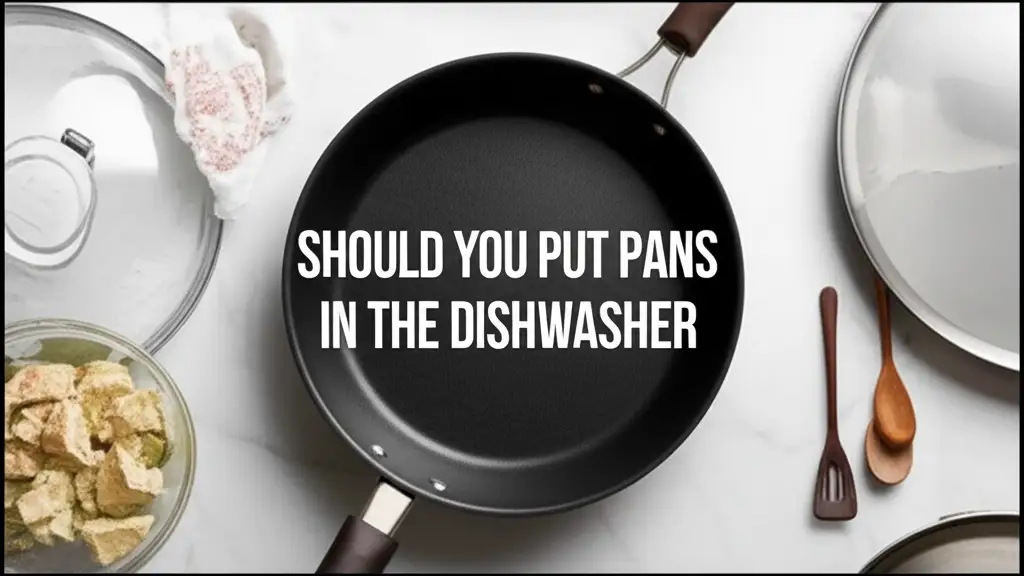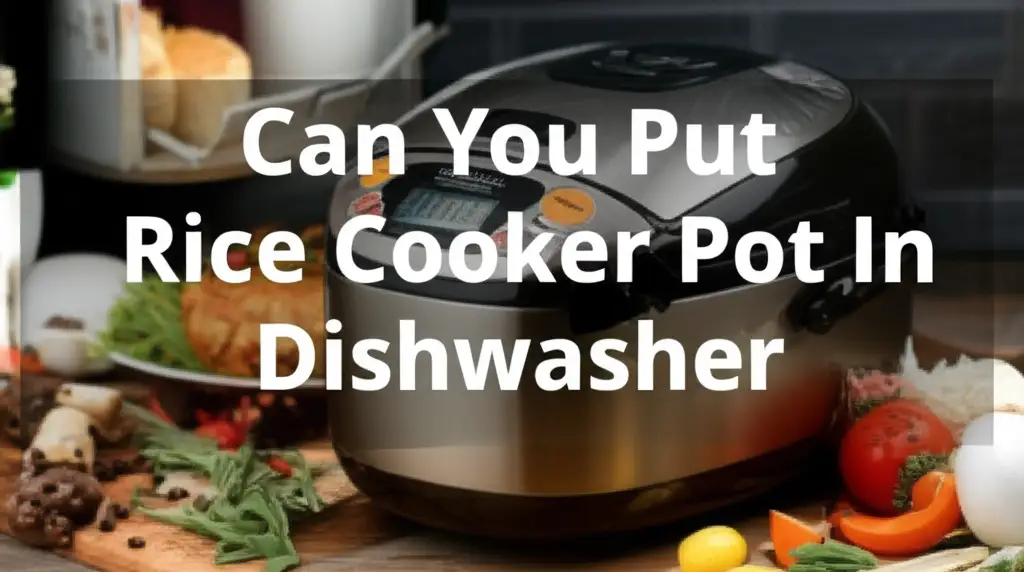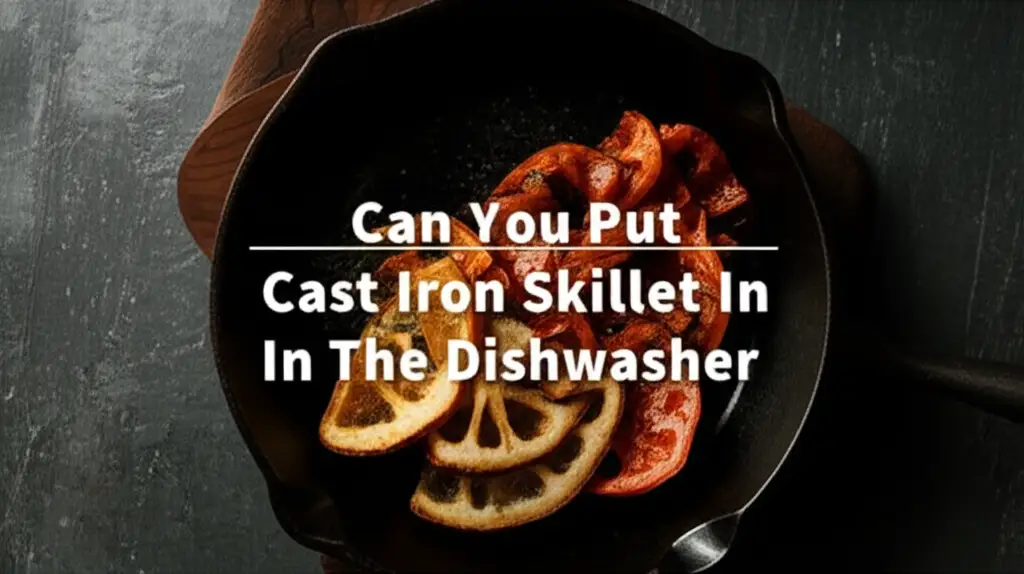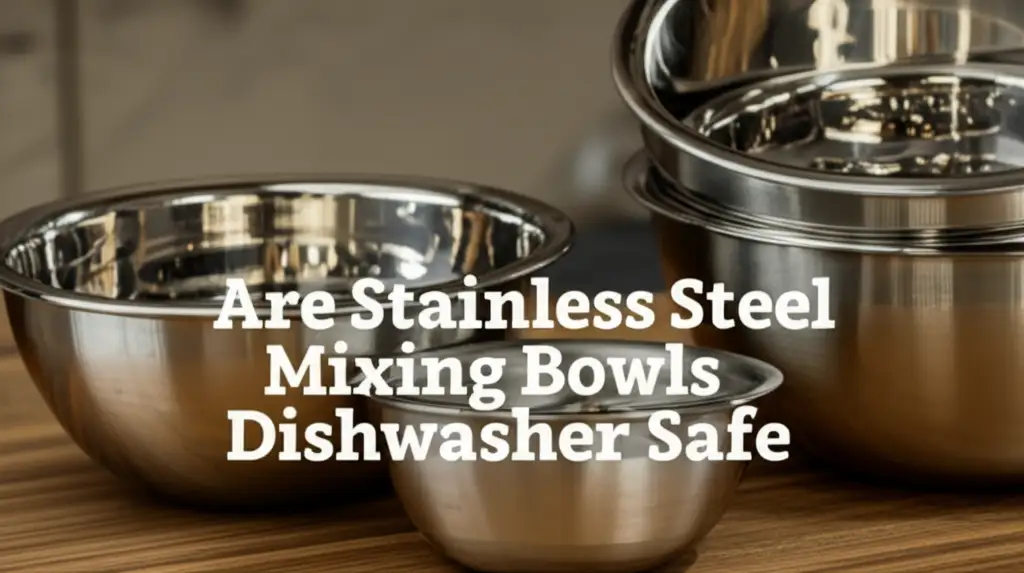· Liora Benning · Kitchen Care · 14 min read
Can Samsung Gas Stove Grates Go In Dishwasher
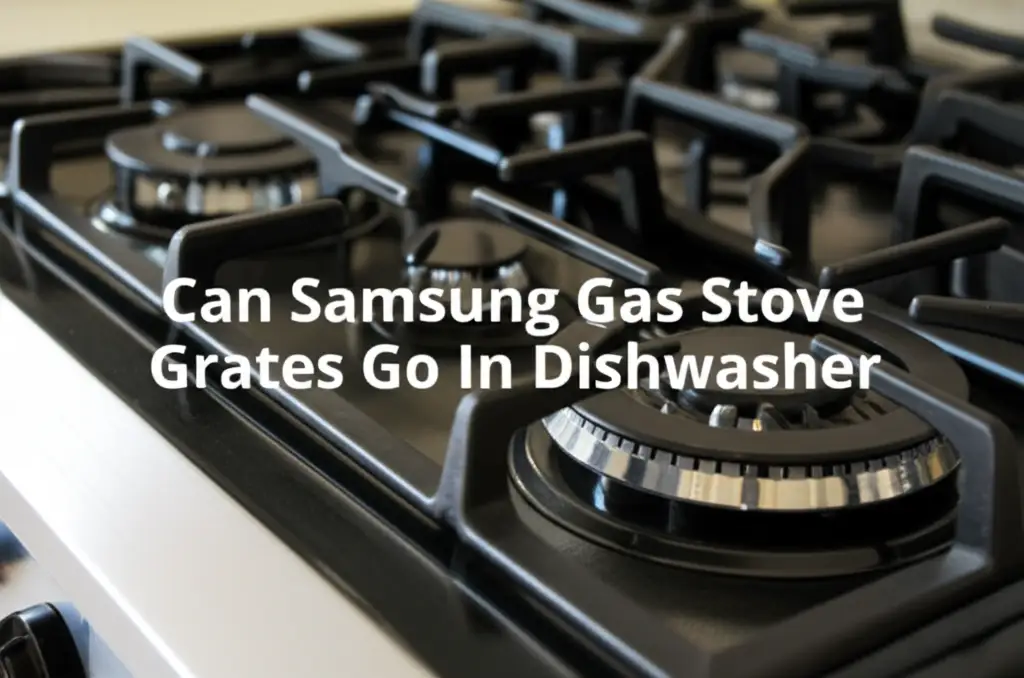
Can Samsung Gas Stove Grates Go In Dishwasher? Understanding Safe Cleaning
Your kitchen is a busy place. Cooking often leaves behind spills and grease on your stove grates. Many people ask, “Can Samsung gas stove grates go in the dishwasher?” It seems like an easy way to clean them. However, putting these grates in the dishwasher often causes more harm than good. I want to help you understand the best ways to care for your Samsung stove grates.
This guide will explain why dishwasher cleaning is usually not the best choice. We will look at the materials Samsung uses for their grates. You will learn safe and effective hand-cleaning methods. We will also cover proper maintenance to keep your stove looking great. Let’s make your cleaning routine simple and safe for your appliances.
Takeaway:
- Most Samsung gas stove grates, especially cast iron, should not go in the dishwasher.
- Dishwashers can cause rust, dullness, or damage to grate coatings.
- Always check your Samsung stove’s user manual for specific cleaning instructions.
- Hand washing with warm water, soap, and a soft brush is the safest method.
- Regular cleaning prevents stubborn build-up and keeps grates looking good.
Can Samsung Gas Stove Grates Go In Dishwasher?
Generally, no, Samsung gas stove grates should not go in the dishwasher. Most grates are cast iron or porcelain-coated. Dishwashers can damage these materials. High heat, harsh detergents, and long cycles may cause rust, dullness, chipping, or discoloration. Always check your specific Samsung stove’s user manual first.
Understanding Samsung Gas Stove Grate Materials
Samsung gas stove grates come in different materials. Knowing the material helps you clean them correctly. The most common materials are cast iron and porcelain-enameled cast iron. Each material needs specific care.
Cast iron grates are very strong. They hold heat well. These grates often have a matte black finish. This finish helps them grip cookware. Cast iron is prone to rust if not cared for properly. Putting bare cast iron in a dishwasher can strip away its seasoning. This removal makes it rust easily. High heat from the dishwasher can also make the material brittle over time.
Porcelain-enameled cast iron grates have a smooth, shiny finish. The enamel coating protects the cast iron underneath. This coating makes them easier to wipe clean. The porcelain enamel finish looks sleek. However, this coating can chip or crack. Harsh detergents and high water pressure in a dishwasher can damage it. A damaged enamel surface exposes the cast iron, leading to rust. This damage affects both appearance and function. Understanding these materials helps you clean your grates safely.
Why Dishwashers Are Not Ideal for Stove Grates
Putting Samsung gas stove grates in the dishwasher might seem convenient. However, this action often leads to damage. Dishwashers use high heat and strong detergents. These elements are not good for most stove grate materials. Let’s explore the reasons why this cleaning method is problematic.
First, dishwashers use hot water. The water can reach very high temperatures. This heat causes expansion and contraction in metal. Over time, this can weaken the grates. For cast iron, high heat can also strip away any protective seasoning. Seasoning is a layer of baked-on oil. It prevents rust and makes cleaning easier. Without this layer, cast iron becomes vulnerable.
Second, dishwasher detergents are very powerful. They contain harsh chemicals. These chemicals remove tough grease from dishes. For stove grates, these strong agents can cause damage. They might dull the finish of porcelain-enameled grates. They can also corrode cast iron. This corrosion speeds up rust formation. Using the wrong detergent can harm your appliances. For example, putting regular dish soap like Dawn in a dishwasher creates too many suds, causing a big mess and potentially damaging the appliance. You can learn more about what happens if you put what to do if you put dawn in dishwasher in a dishwasher.
Third, the spray pressure inside a dishwasher is strong. This pressure can chip or scratch delicate finishes. Porcelain enamel is durable, but it can chip if hit hard. Once chipped, the underlying cast iron is exposed. This exposure leads to rust spots. The constant water flow can also cause water spots or residue. These marks are hard to remove from matte finishes. Hand washing gives you more control. This control helps protect your grates from mechanical damage.
The Best Way to Clean Samsung Cast Iron Grates Manually
Cleaning Samsung cast iron grates by hand is the best method. This process protects the grates from damage. It also helps them last longer. I find this method simple and effective. You will need a few common household items.
First, let the grates cool completely. Never clean hot grates. Remove them from the stove. Take them to your sink. This prevents scratches on your cooktop.
Next, soak the grates in warm, soapy water. Use a large sink or tub. You can also use a sturdy plastic bin. Fill it with warm water and a few drops of dish soap. Let the grates soak for at least 15-30 minutes. For very greasy grates, soak them longer. This soaking helps loosen burnt-on food and grease. I often soak mine overnight for tough messes.
After soaking, scrub the grates. Use a stiff nylon brush or a non-abrasive scrubber. Avoid steel wool or harsh metal pads. These can scratch the finish or remove the seasoning. Gently scrub all surfaces. Pay attention to corners and edges. Rinse the grates thoroughly under warm running water. Ensure all soap residue is gone.
Finally, dry the grates completely. This step is very important for cast iron. Use a clean cloth or paper towels. You can also place them in a warm oven for a few minutes. Low heat helps remove all moisture. Any leftover water will cause rust. Once dry, apply a thin layer of cooking oil. Use a paper towel to rub a small amount of vegetable oil or flaxseed oil onto the grates. This re-seasons them. It also helps prevent rust. This oil layer keeps your grates in good condition. For maintaining other gas components, you might also find it useful to know how to clean gas grill venturi tubes as part of broader gas appliance care.
Effective Cleaning for Samsung Porcelain-Enameled Grates
Cleaning Samsung porcelain-enameled grates requires a gentle touch. These grates have a smooth, glossy finish. They are easier to clean than bare cast iron. However, the enamel can chip if treated too roughly. My method helps keep them looking new.
Begin by letting the grates cool down. Remove them from the stove top. Place them on a protected surface. This ensures safety and prevents damage.
Prepare a cleaning solution. Mix warm water with a mild dish soap. You can also use a mixture of warm water and a little white vinegar. Vinegar is great for cutting grease. It also adds shine. You might be interested in learning where to put vinegar in dishwasher to clean if you want to use vinegar for other cleaning tasks. Soak the grates in this solution for 10-15 minutes. This step loosens food particles and grease.
Use a soft sponge or cloth to wipe the grates. For stubborn spots, a nylon brush works well. Avoid abrasive scrubbers like steel wool. They can scratch or chip the enamel. Gently rub away any residue. If a spot is very tough, make a paste with baking soda and a little water. Apply the paste to the spot. Let it sit for a few minutes. Then, gently scrub it away. Baking soda is a mild abrasive that is safe for enamel.
Rinse the grates thoroughly with clean water. Make sure no soap or cleaning solution remains. Any residue can leave streaks or affect cooking. Dry the grates completely with a soft cloth. Do not leave any water spots. Water can cause discoloration, especially in hard water areas. A dry, clean grate looks best and performs well. This careful cleaning helps your enameled grates last.
Preventative Maintenance for Longer Grate Life
Proper care and regular maintenance extend the life of your Samsung gas stove grates. Preventing build-up is easier than cleaning heavy messes. I follow these steps to keep my grates in top condition.
First, clean spills as they happen. If food or liquid spills on the grate, wipe it up quickly. Use a damp cloth when the grate is cool. Fresh spills are much easier to remove than dried-on ones. This prevents food from baking onto the surface. Baked-on spills become very hard to clean later.
Second, wipe down grates after each use. After cooking, let the grates cool. Then, give them a quick wipe with a damp cloth. This removes light grease and food splatter. A quick wipe prevents daily grime from becoming a thick layer. It keeps your stove looking clean constantly. This small habit makes a big difference in the long run.
Third, perform a deeper clean regularly. Once a week, or as needed, give your grates a more thorough cleaning. Remove them from the stove. Soak them as described in earlier sections. This prevents the accumulation of stubborn grease. Regular deep cleaning ensures your grates remain functional and attractive. Some stove tops even lift up for easier cleaning underneath the grates. Knowing do all stove tops lift up can help with overall stove cleaning strategies.
Finally, ensure proper air circulation. After cleaning, make sure grates are completely dry before putting them back. Moisture is the enemy of cast iron. It causes rust. Store extra grates in a dry place if you have them. Proper storage also helps prevent damage. These small steps keep your Samsung gas stove grates in excellent condition for years.
Specialized Solutions for Stubborn Grate Stains
Sometimes, regular soap and water are not enough. Stubborn stains and burnt-on food need stronger solutions. I have found a few household items that work wonders. These solutions are safe for most Samsung stove grates when used correctly.
Baking soda is a powerful yet gentle cleaner. Make a thick paste with baking soda and a small amount of water. Apply this paste directly to the stubborn stains on your grates. Let the paste sit for 15-30 minutes. For very tough spots, you can leave it on for a few hours or even overnight. The baking soda works to break down grease and lift burnt-on residue. After soaking, scrub the area with a non-abrasive sponge or brush. Rinse thoroughly with water. Baking soda is effective without scratching surfaces.
White vinegar is another excellent cleaning agent. It is great for cutting through grease and removing mineral deposits. You can spray undiluted white vinegar directly onto the grates. Let it sit for about 10 minutes. Then, wipe it clean with a damp cloth. For extra power, you can combine baking soda and vinegar. First, sprinkle baking soda on the grates. Then, spray vinegar over the baking soda. It will fizz. Let this mixture work for a few minutes. Scrub and rinse. This combination tackles very tough stains.
For extremely burnt-on food, a plastic scraper can help. Gently scrape away the burnt bits before soaking. Be careful not to scratch the grate surface. A plastic scraper is softer than metal. It helps loosen the hard residue. After scraping, proceed with baking soda or vinegar treatments.
Always rinse your grates completely after using any cleaning solution. Any residue can burn onto the grate next time you cook. This can make new stains. Ensure they are thoroughly dry, especially cast iron grates, to prevent rust. These specialized solutions help you tackle the toughest grate stains effectively.
When to Consider Replacing Your Samsung Stove Grates
Even with the best care, stove grates do not last forever. Knowing when to replace your Samsung stove grates is important. Damaged grates can affect cooking performance and safety. I look for specific signs indicating it is time for new ones.
First, check for significant rust. A little surface rust on cast iron might be treatable. However, if rust is deep or widespread, it can weaken the grate. Rust also makes the grate uneven. This affects how pots sit. If cleaning no longer removes the rust effectively, replacement is a good idea.
Second, look for severe warping or cracking. Over time, heat exposure can cause grates to warp. Warped grates do not sit flat. This makes cookware wobble. Cracks can also form, especially in cast iron. A cracked grate is unstable. It is a safety hazard. If your grates are warped or cracked, replace them immediately.
Third, check for excessive chipping or flaking of enamel. If your porcelain-enameled grates have large areas of chipped enamel, the exposed cast iron will rust. This rust can spread. It also makes the grates look bad. Small chips are often okay, but extensive damage means it is time for new ones. The surface also becomes rough and hard to clean.
Finally, consider poor heat distribution. If your grates consistently cause uneven cooking, they might be past their prime. While less common, extreme wear can sometimes affect heat transfer. If you notice persistent cooking issues and other parts of the stove are fine, the grates might be the cause.
Replacing your stove grates ensures safety and good cooking results. You can order replacement grates directly from Samsung or a reputable appliance parts dealer. Always ensure you get the correct part number for your specific stove model. This ensures a perfect fit and restored performance.
FAQ Section
Q1: Can I put only some parts of my Samsung grates in the dishwasher?
No, you should not put any part of typical Samsung gas stove grates in the dishwasher. Most grates are made from cast iron or have a porcelain enamel coating. Dishwashers can cause rust, dull the finish, or chip the enamel. It is always safer to hand wash these components to maintain their quality and lifespan.
Q2: What happens if I accidentally put my Samsung gas stove grates in the dishwasher?
If you accidentally put them in the dishwasher, remove them quickly. Inspect them for immediate damage like chipping or dullness. For cast iron, dry them thoroughly and apply a thin coat of cooking oil to prevent rust. For enamel grates, dry them completely to avoid water spots. Future cleaning should be by hand.
Q3: How often should I clean my Samsung gas stove grates?
You should wipe down your Samsung gas stove grates after each use to remove light spills. A deeper clean is recommended weekly or bi-weekly, depending on your cooking frequency. This regular cleaning prevents heavy grease and food buildup. It also keeps your grates in good condition and extends their life.
Q4: Can I use oven cleaner on my Samsung stove grates?
It is generally not recommended to use strong oven cleaners on stove grates, especially cast iron. These cleaners often contain harsh chemicals that can strip the seasoning from cast iron or damage porcelain enamel finishes. Stick to gentler methods like baking soda paste or warm soapy water for best results.
Q5: Will cleaning my grates properly affect my Samsung stove’s warranty?
Cleaning your Samsung stove grates according to the manufacturer’s recommendations will not void your warranty. In fact, proper maintenance can help prevent issues covered by the warranty. Using abrasive cleaners or methods not recommended in the manual, like dishwasher cleaning for cast iron, could potentially cause damage not covered.
Q6: Can I re-season my cast iron Samsung stove grates?
Yes, you can re-season cast iron Samsung stove grates. After thoroughly cleaning and drying them, apply a very thin layer of high smoke point cooking oil (like vegetable oil or flaxseed oil) using a paper towel. Bake them in an oven at a low temperature (around 350°F or 175°C) for an hour, then let them cool in the oven. This restores the protective seasoning layer.
Conclusion
Understanding how to care for your Samsung gas stove grates is important. We have seen that putting Samsung gas stove grates in the dishwasher is generally not a good idea. Dishwashers can cause damage, leading to rust, dullness, or chipping. Hand washing is the safest and most effective method. This keeps your grates in excellent condition for many years.
Remember to identify your grate material first. Cast iron needs careful drying and re-seasoning. Porcelain-enameled grates need gentle cleaning to protect their finish. Always check your stove’s user manual for specific cleaning advice. Regular cleaning prevents tough build-up. It makes your cooking experience better. By following these simple steps, your Samsung stove grates will stay clean and functional. Take good care of your kitchen appliances, and they will serve you well.


